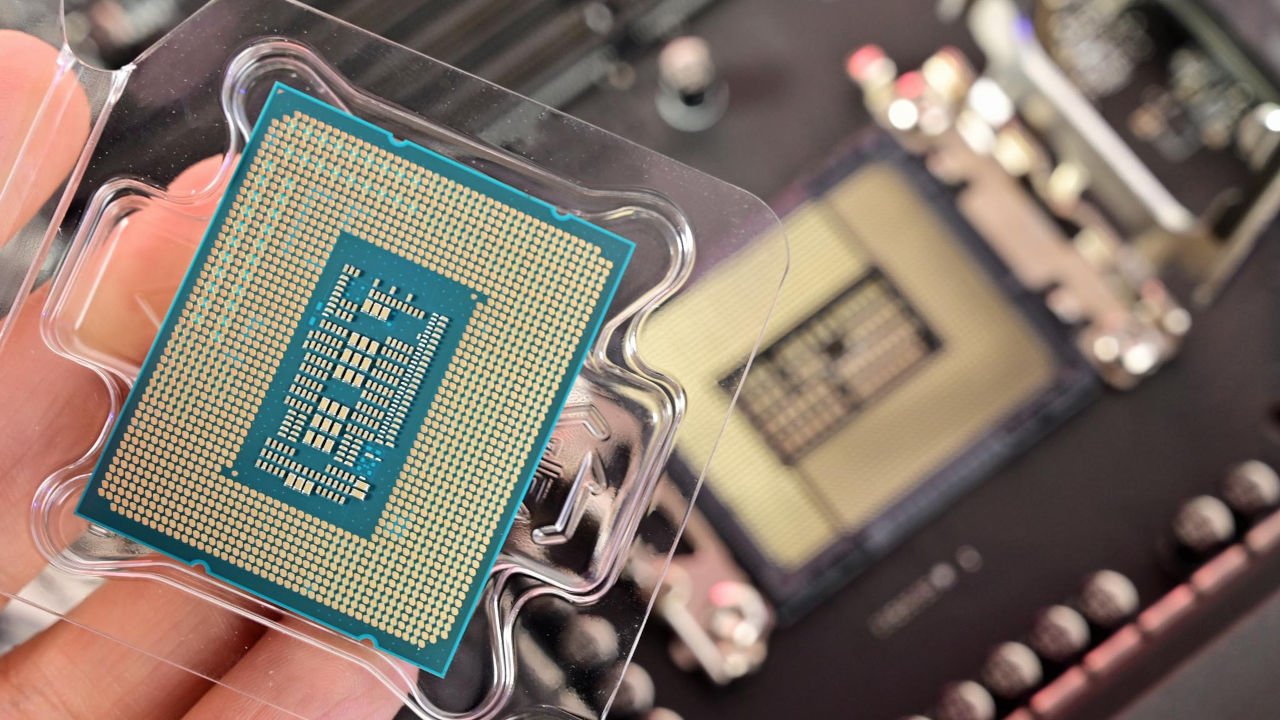Intel's purchase of Tower terminated, likely blocked by Chinese regulator
Two extensions and 18 months weren't enough to get China to approve Intel's purchase of Tower Semiconductor.

All the latest news, reviews, and guides for Windows and Xbox diehards.
You are now subscribed
Your newsletter sign-up was successful
What you need to know
- Intel has canceled its purchase of Tower Semiconductor.
- The deal was first announced in February 2022, but it ran into regulatory issues that prevented it from going through.
- Following two extensions to buy time to get the deal approved by Chinese regulators, Intel and Tower have come to a mutual agreement to terminate the acquisition.
After 18 months and two extensions, Intel's $5.4 billion deal to purchase Tower Semiconductor has been terminated. The two companies came to a mutual agreement to end the deal today, August 16, 2023. Intel cited the "inability to obtain in a timely manner the regulatory approvals" as the reason the deal fell through.
Intel first announced the deal in February 2022. The purchase was expected to be completed within a year, but the deadline was extended twice. Tower would have become a key piece of Intel's IDM 2.0 strategy. Ultimately, Intel and Tower decided to not go through with the sale due to regulatory roadblocks.
While the chipmaker did not mention China specifically, it's believed that China's State Administration for Market Regulation (SAMR) is what blocked the purchase. Intel CEO Pat Gelsinger visited China within the past several weeks to try to get the purchase of Tower approved, but he was unable to do so.
Reuters predicted that the deal would be terminated since it was not able to receive regulatory approval. I also questioned if the deal would be approved by regulators. That proved true with both companies announcing the end of the planned acquisition.
"After careful consideration and thorough discussions and having received no indications regarding certain required regulatory approval, both parties have agreed to terminate their merger agreement having passed the August 15, 2023 outside date," said Tower Semiconductor in a statement.
Intel's Gelsinger weighed in as well:
“Our foundry efforts are critical to unlocking the full potential of IDM 2.0, and we continue to drive forward on all facets of our strategy,” said the CEO.
All the latest news, reviews, and guides for Windows and Xbox diehards.
“We are executing well on our roadmap to regain transistor performance and power performance leadership by 2025, building momentum with customers and the broader ecosystem and investing to deliver the geographically diverse and resilient manufacturing footprint the world needs. Our respect for Tower has only grown through this process, and we will continue to look for opportunities to work together in the future.”
Intel will pay a $353 million termination fee to Tower. The chipmaker will continue to invest heavily in its IDM 2.0 strategy, which includes producing chips for other companies.
Gelsinger said that Intel Foundry Services were "off to the races" in 2021 when Amazon and Qualcomm decided to work with Intel. IFS has since seen more success and investment, bringing in $232 million in revenue in the second quarter of this year. That figure was up significantly compared to the $57 million in the same period of last year. That 307% year-over-year increase indicates that IFS can have success even without Tower.
Intel has invested tens of billions of dollars into chip manufacturing plants. The company has also secured several major contracts since launching IFS, including ones with the U.S. Department of Defense as well as MediaTek.

Sean Endicott is a news writer and apps editor for Windows Central with 11+ years of experience. A Nottingham Trent journalism graduate, Sean has covered the industry’s arc from the Lumia era to the launch of Windows 11 and generative AI. Having started at Thrifter, he uses his expertise in price tracking to help readers find genuine hardware value.
Beyond tech news, Sean is a UK sports media pioneer. In 2017, he became one of the first to stream via smartphone and is an expert in AP Capture systems. A tech-forward coach, he was named 2024 BAFA Youth Coach of the Year. He is focused on using technology—from AI to Clipchamp—to gain a practical edge.
